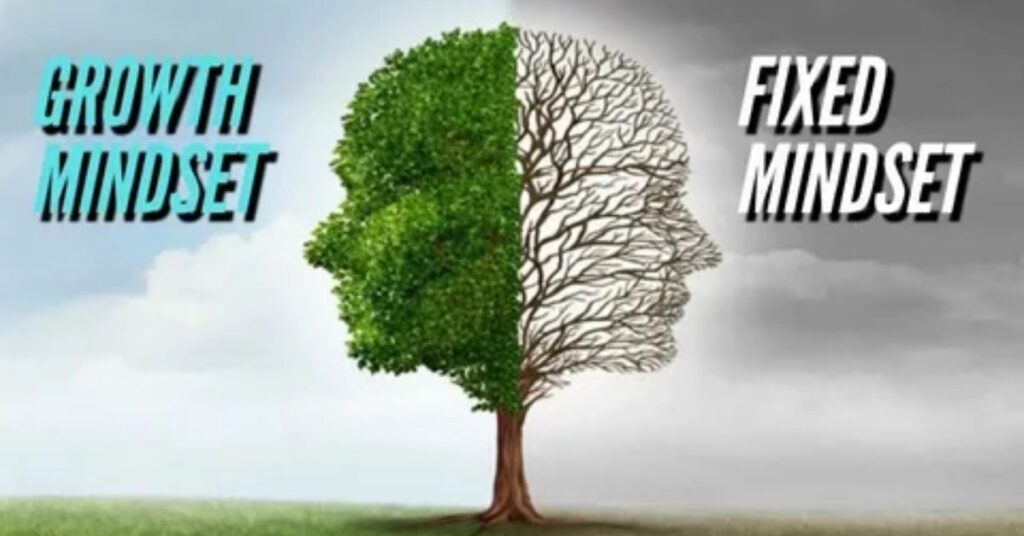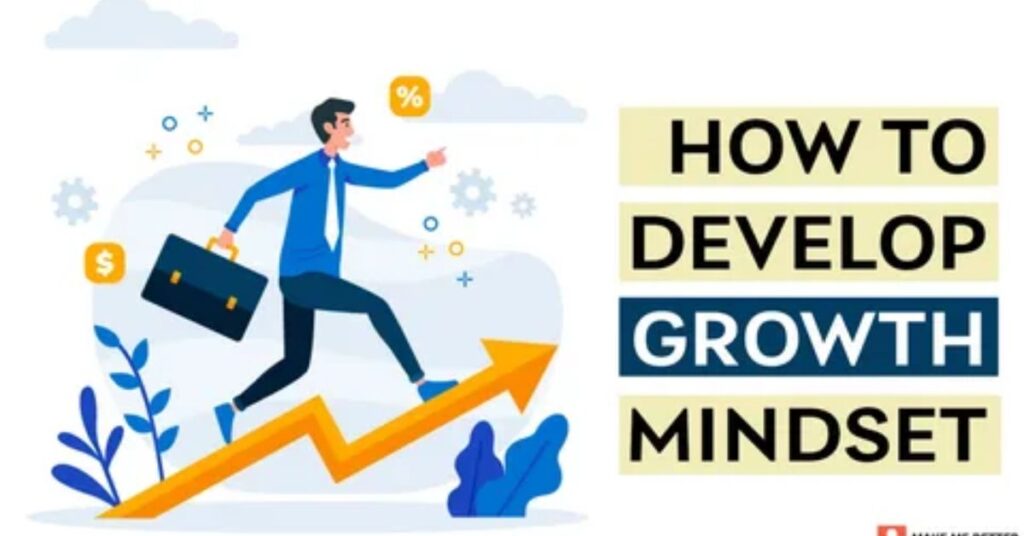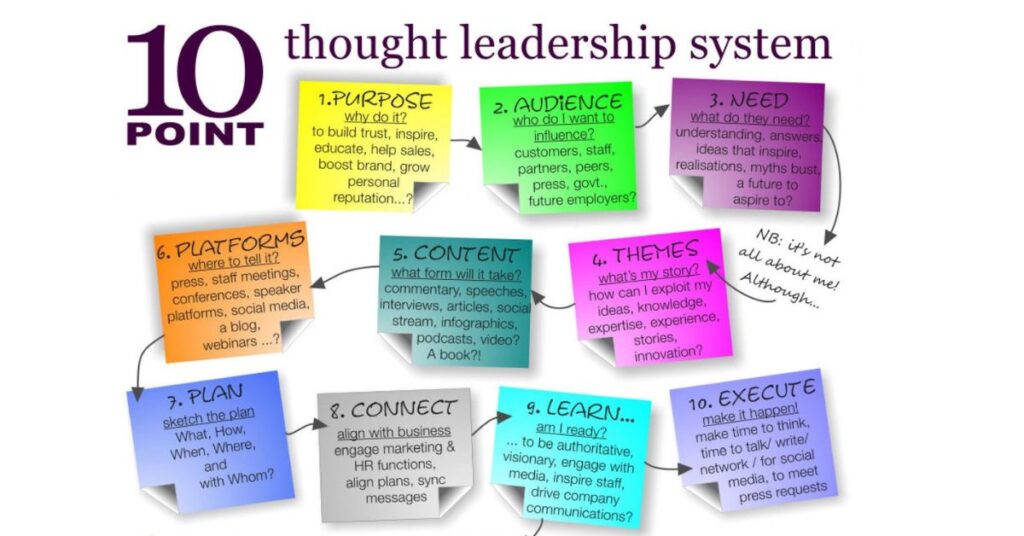A growth mindset is the belief that intelligence and abilities can grow with effort and learning. Popularized by Carol Dweck, this mindset focuses on self-improvement and continuous learning. Unlike a fixed mindset, which views talent as static, a growth mindset encourages seeing challenges as opportunities. By embracing effort and perseverance, individuals unlock their true potential.
This mindset leads to better problem-solving skills, professional development, and personal growth. It also helps overcome the fear of failure and fosters a positive feedback loop for success. Cultivating this mindset transforms lives, enabling resilience in challenges and ensuring lifelong learning habits foh personal and professional success.
Growth Mindset vs. Fixed Mindset: What’s the Difference?

The key difference between a growth mindset and a fixed mindset lies in how challenges are approached. A growth mindset embraces challenges, seeing them as chances for continuous improvement. On the other hand, a fixed mindset avoids difficulties due to fear of failure. For example, students with a growth mindset work harder after poor grades, while those with a fixed mindset might give up.
Here is a table that highlights the differences:
| Growth Mindset | Fixed Mindset |
| Believes in lifelong learning | Thinks intelligence is fixed |
| Sees effort as key to success | Sees effort as pointless |
| Overcoming fear of failure | It avoids failure at all costs |
| Learns from constructive feedback | Ignores feedback |
By shifting to a growth mindset, individuals develop resilience in challenges and foster problem-solving skills.
Why Is Cultivating a Growth Mindset Important?
Cultivating a mindset that values growth can lead to major benefits in all areas of life. In education, students with a growth mindset achieve better results because they are open to feedback and persistent. Professionals who focus on self-improvement are more adaptable and better problem solvers.
Research by Carol Dweck has shown that a growth mindset creates a positive feedback loop. When people succeed after trying hard, they gain confidence to tackle bigger challenges. This not only improves leadership abilities but also boosts motivation. Real-life examples of people who embraced this mindset prove its impact on personal development and professional success.
You Also Read the Blog How to Develop a Growth Mindset
Does a Growth Mindset Work?
The concept of a growth mindset is backed by science. Studies in schools show that students who believe in effort vs. talent perform better academically. Companies that encourage encouraging culture often see higher innovation and employee satisfaction. Real-world examples include leaders like Satya Nadella, who transformed Microsoft by focusing on mindset transformation.
However, critics argue that the growth mindset alone isn’t enough. Without consistent actions, it’s hard to see results. This is why perseverance and mastery through practice are essential. Success requires both belief in growth and dedicated effort.
Growth Mindset Examples
Real-life examples of a growth mindset can inspire change. Schools that teach lifelong learning habits see students achieve remarkable progress in education. One famous example is Khan Academy, which encourages students to embrace mistakes as part of learning. In business, companies like Google foster continuous learning to drive innovation.
Sports also offer many examples. Athletes who focus on mastery through effort achieve greatness by training hard and learning from failure. Their resilience in challenges serves as a model for anyone aiming to grow.
Strategies for Developing a Growth Mindset

Developing a growth mindset involves actionable steps. First, recognize and challenge self-limiting beliefs. Instead of thinking, “I’m bad at this,” reframe it to, “I can improve with practice.” Second, embrace failure as part of growth. Mistakes teach valuable lessons. Third, focus on constructive feedback. Listening to others helps identify areas for improvement.
Consistent effort is key. Setting clear goals and tracking progress creates a positive reinforcement cycle. Additionally, surrounding yourself with supportive individuals encourages continuous improvement. Over time, these habits lead to personal and professional success
The Benefits of a Growth Mindset
A growth mindset offers countless benefits. It enhances problem-solving skills, making it easier to tackle complex tasks. It also improves leadership abilities by fostering adaptability and openness. In the workplace, individuals with this mindset excel in professional development and achieve greater satisfaction.
Moreover, a growth mindset boosts mental health. By overcoming the fear of failure, people feel more confident and motivated. This mindset creates opportunities for personal growth and strengthens relationships through empathy and understanding. The journey to unlocking potential starts with believing in change.
Boost Your Employability with a FREE CV Review
A growth mindset isn’t just for personal growth; it also enhances career prospects. Employers value adaptability, problem-solving, and resilience. By adopting a continuous improvement mindset, you can build a stronger CV and stand out in the job market.
Take advantage of free CV review services to identify strengths and weaknesses. This proactive approach aligns with the principles of a growth mindset, ensuring you are always learning and growing. A polished CV reflects your commitment to professional success.
Insights from the Community
Many people have transformed their lives through a growth mindset. For example, entrepreneurs often credit their success to embracing failure and staying persistent. Communities that promote lifelong learning inspire others to grow and evolve.
If you have your own stories of mindset transformation, share them! By learning from each other, we can create a culture of continuous improvement and support. Feedback for growth benefits everyone.
Related Topics to Explore
To deepen your understanding of a growth mindset, explore related topics such as:
- Emotional intelligence: Building better relationships
- Resilience and grit: Thriving under pressure
- Time management: Maximizing productivity
- Leadership abilities: Becoming an adaptable leader
Each of these areas connects back to the principles of personal development and continuous learning.
Practical Tips to Maintain a Growth Mindset

Maintaining a growth mindset requires daily effort. Start by practicing gratitude and reflecting on progress. Journaling can help identify areas for growth and celebrate small wins. Setting SMART goals keeps you focused and motivated.
Surrounding yourself with positive influences also matters. Engage with people who encourage self-improvement and share your commitment to lifelong learning habits. Remember, consistency is key. Even small steps lead to big changes over time.
Final Thoughts
Mastering the growth mindset is a journey that leads to profound change. You can unlock your true potential by embracing challenges as opportunities and focusing on effort vs. talent. Whether personal or professional, this mindset paves the way for success.
Start today by taking small steps toward self-improvement. Share this article with others and begin cultivating a culture of growth. The future belongs to those who believe in the power of change.
FAQ’s
How do I train myself to have a growth mindset?
Embrace challenges, learn from failures, and focus on effort and progress rather than fixed abilities.
What are the 4 steps to developing a growth mindset?
1 Embrace challenges.
2 Learn from criticism.
3 Celebrate effort over talent.
4 Persist through setbacks.
How do you increase your growth mindset?
Practice self-reflection set growth-oriented goals, and actively seek feedback to improve.
How do I start my mindset growth?
Start by reframing failures as learning opportunities and focus on continuous improvement rather than perfection.
Conclusion
The growth mindset is a transformative approach to personal and professional development. By embracing challenges, learning from mistakes, and celebrating progress over innate talent, individuals can unlock their full potential. The strategies outlined—such as setting growth-oriented goals and seeking feedback—empower continuous learning and resilience.
Real-life examples further demonstrate how this mindset leads to success and fulfillment. Adopting a growth mindset fosters self-improvement and cultivates a positive, adaptable outlook that drives long-term achievement and personal growth.







